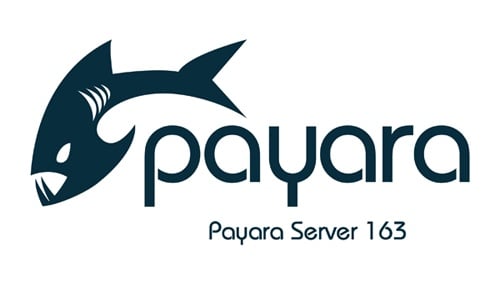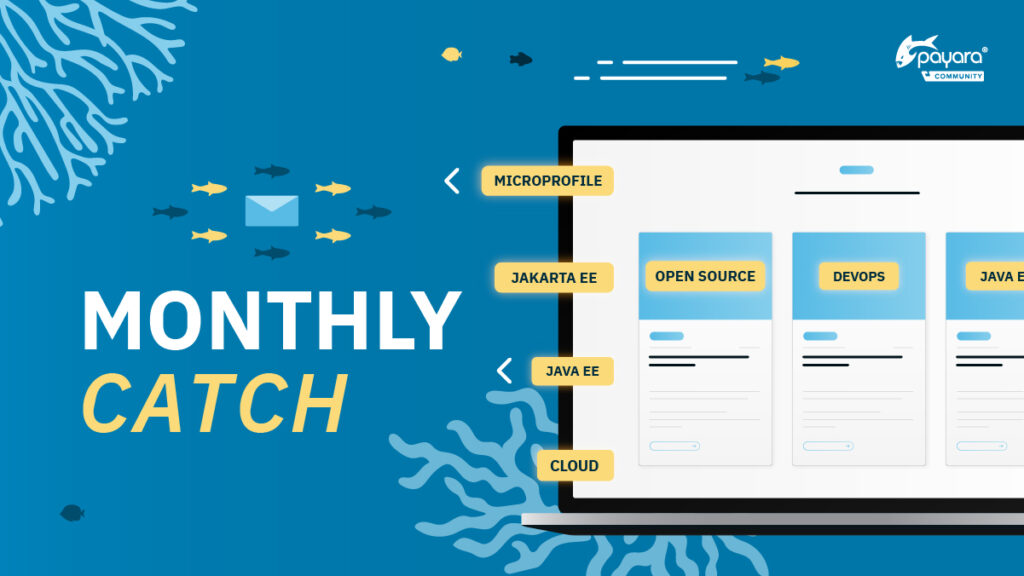 5 minutes
5 minutes
What’s New in the Payara Platform February 2026 Release?
The February 2026 release of the Payara Platform is centered on a major initiative to streamline the platform. This involves removing […]


As we enter the third quarter of the year, that can only mean one thing: Payara Server 163 is here! With this release, we’ve managed to cram in 44 bug fixes, 34 enhancements, 6 new features and 6 component upgrades. One of these new features is the tech preview of our new Request Tracing service, which I’ll explain in more detail below.
Payara Server 163 introduces a technical preview of our new Request Tracing service. We are calling this new feature a tech preview because we don’t feel that it is ready for use in production environments in its current state.
This new service, as the name suggests, allows you to trace requests through the server. In its first iteration, you can trace requests through EJB methods, EJB timers, outbound REST and web service calls, and WebSockets.
Request Tracing releases with full asadmin and administration console integration, so you shouldn’t have to go hacking around in the domain.xml!
Payara Server 163 also introduces a general notification service. Our intention is for this service to be integrated into the majority of new and existing services, and, in tandem with the HealthCheck service, act as the foundation for a self-monitoring Payara Server.
Although not in this release, in the future we’re looking at extending this service with the ability to send notifications via email, HipChat, Slack, JMS, and SNMP.
We’ve been looking to add this to Payara Micro for a while, and we’re pleased to finally release it! Using Hazelcast, it is now possible to have a persistent EJB Timer store across your Payara Micro instances. This does not mean persistent timers will be coordinated across the Payara Micro cluster, just that there is now no more dependency on the embedded Derby database which should mean more resilience in production!
The final notable new feature that I’m going to cover in this blog is the new JMX Monitoring Agent. This new service can be used to log a selection of the metrics available via JMX to a file. We envisage this service being used to output the JMX metrics to a monitoring tool such as Splunk or ELK Stack
We have a large number of bug fixes in this release, the key ones being 4 security fixes:
There is a much longer list of fixes in the release notes across Payara Server and Micro ( see below).
We hope you find these new features exciting and useful! Let us know if you have any suggested improvements, or if you just find a bug, by raising an issue by raising an issue on GitHub.
Share:
 5 minutes
5 minutes
The February 2026 release of the Payara Platform is centered on a major initiative to streamline the platform. This involves removing […]
 5 minutes
5 minutes
Published a little later than usual due to a busy conference season, this edition looks back at the key […]
 4 minutes
4 minutes
Spring Framework 7 and Spring Boot 4 officially arrived, marking a key milestone for the Java ecosystem. From improved startup performance and modularization to native-image […]
Please also add XMPP as a way to send notifications.
Thanks for the suggestion Thomas – we’re working on it!
I’m experiencing a issue when accessing this blog on mobile. When a post title spans for more than one line, the lines overlap each other. This issue happens in the main blog page and in the blog post page, only in portrait mobile. My phone portrait viewport width is 360px.
Hi Juliano – many thanks for your feedback, we’ll look into this as soon as possible!
Hi.
I’d like to ask: how crazy is it to create a payara version for something like jboss swarm?. I find the idea pretty cool, just enough payara.
How does it sound to you?
Thanks.
How about using Payara Micro?
http://www.payara.fish/payara_micro